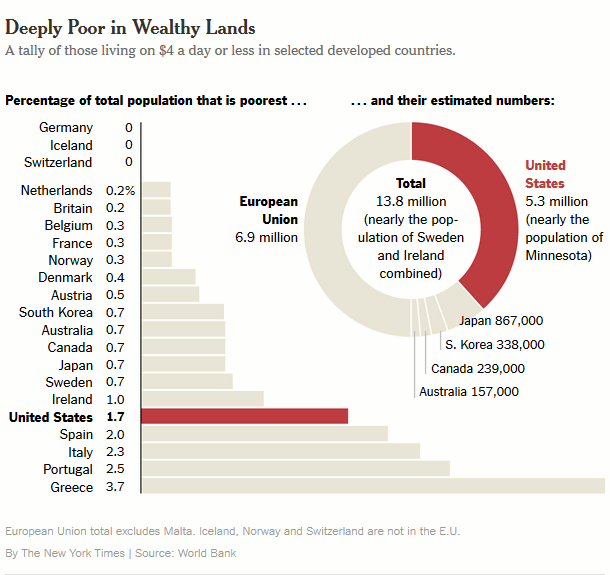Source: Something doesn’t ad up about America’s advertising market – Schumpeter | The Economist
The immense sums being bet on advertising raise a question: how much of it can America take? A back-of-the-envelope calculation by Schumpeter suggests that stock prices currently imply that American advertising revenues will rise from 1% of GDP today, to as much as 1.8% of GDP by 2027 … First, the irritation factor, or how much consumers can absorb without being put off. … The second limit on the size of the advertising market is how much cash all other firms, in aggregate, have at their disposal to spend on ads.
Stockmarket investors are wrong to expect an enormous surge in advertising revenues
